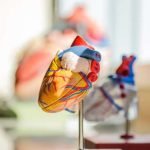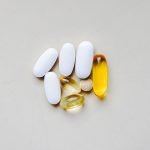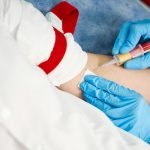Understanding the puzzle: Low blood pressure and high pulse
When we think about our heart and blood vessels, we often hear about the dangers of high blood pressure. But what happens when your...
Understanding signs and steps to take in heart attack
A heart attack, medically known as a myocardial infarction, is a life-threatening condition that occurs when blood flow to the heart is blocked.
This blockage...
The link between smoking and high blood pressure
When we think about the effects of smoking, lung cancer and breathing problems often come to mind first.
But there's another significant impact that doesn't...
Understanding coronary artery disease: Causes and symptoms
Coronary artery disease (CAD) is a term that often comes up in discussions about heart health, but what does it really mean?
In simple terms,...
When fast or slow heart beats become a concern
Understanding our heart rate is like having a window into our body's inner workings. It tells us how hard our heart is working at...
Alcohol’s surprising link to heart health and stress
The debate around alcohol and heart health has been ongoing, with various studies offering conflicting views.
Some suggest that a daily glass of red wine...
Weight-loss drug shows promise for heart health
In a recent study by UT Southwestern, a weight-loss medication known as liraglutide has been found to offer significant benefits for heart health.
This comes...
Is fish oil a relief for cholesterol and blood pressure?
In the sea of dietary supplements claiming to boost our health, fish oil has been a standout for its purported benefits on heart health,...
Blood tests for heart attacks: What you need to know
When we hear about diagnosing heart attacks, images of ECG machines and doctors in a rush might come to mind. Yet, one of the...
Chocolate can help prevent heart disease
The story of chocolate is as rich and complex as its flavors.
Beginning over 5,000 years ago in what is now Ecuador, cocoa beans were...










